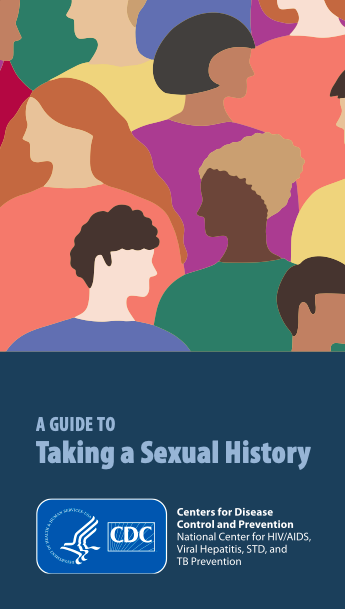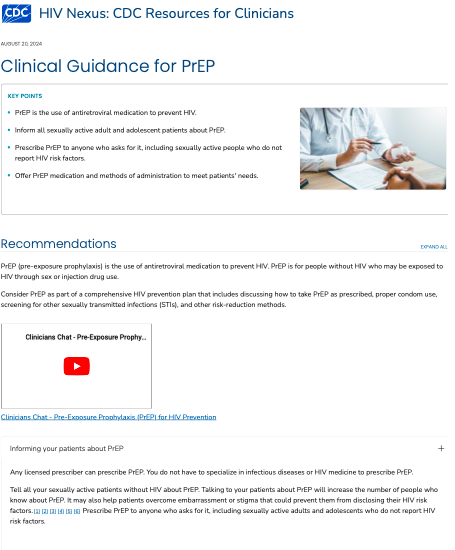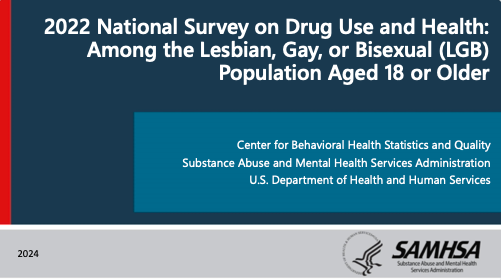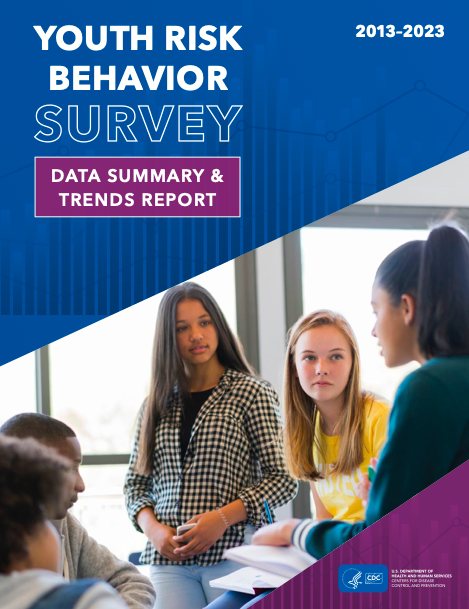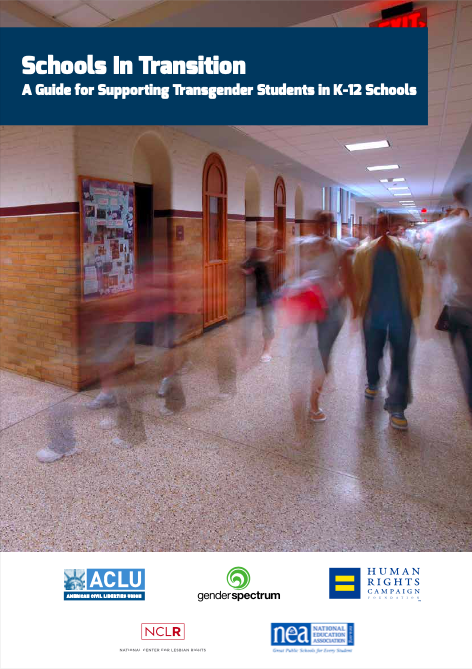Why Preserving Archived CDC Pages Matters for Public Health
Founded in 1946 as the Communicable Disease Center, the CDC was originally established to combat malaria’s spread within the United States. Over the decades, its role has evolved to encompass the prevention and control of infectious diseases, chronic illnesses, and environmental health threats. It serves as a cornerstone of public health, offering critical guidance to healthcare practitioners and accessible, science-backed information to the general public. Whether developing protocols for disease outbreaks, publishing research on emerging health risks, or providing resources on preventive care, the CDC plays a vital role in keeping the public informed and safe.
Despite its reputation for rigorous research and fact-checking, the CDC has faced criticism, particularly when its responses have been perceived as too slow or inconsistent. For example, during the early months of the COVID-19 pandemic, the agency was criticized for delayed recommendations on mask usage. Initially advising against widespread mask-wearing due to concerns about supply shortages for healthcare workers, the CDC later revised its stance as more data emerged about asymptomatic spread.
Additionally, in 1981, as reports of a mysterious illness—what would later be identified as HIV/AIDS—began surfacing, the CDC quickly identified and investigated the outbreak, forming a task force to track and study cases. However, limited funding and a lack of urgency from the broader federal government hindered efforts to provide widespread public health guidance, leading to criticism that the CDC’s response was not swift or comprehensive enough to contain the growing epidemic.
At the same time, public health guidance must evolve alongside new scientific discoveries. A notable example occurred in 2004 when the CDC reaffirmed that no credible scientific evidence linked childhood vaccinations to autism, following extensive studies that debunked earlier concerns. While shifts in recommendations can sometimes lead to public confusion or distrust, they ultimately demonstrate the agency’s commitment to refining its guidance based on the best available evidence.
Access to this kind of information is critical—not just for policymakers and medical professionals but for individuals making daily health decisions. Whether it’s understanding how to prevent the spread of infectious diseases, recognizing signs of domestic violence, or accessing sexual and reproductive health care, people need access to evidence-based, thoroughly vetted guidance.
That’s why the recent archiving of certain CDC pages is concerning. In the midst of federal funding freezes, the agency has removed or archived a range of resources—many of which addressed gender identity, LGBTQIA+ health, domestic violence intervention, STI prevention, abortion rights, and HIPAA protections. This limits public access, making it harder for individuals and professionals to find and share this vital information.
Access to comprehensive and accurate health information is vital for public well-being, particularly concerning issues like domestic violence and the health challenges faced by transgender individuals. Recent studies have highlighted that homicide is a leading cause of death among pregnant and postpartum women in the United States. For instance, research indicates that women are more likely to be murdered during pregnancy or shortly after childbirth than to die from common obstetric causes such as high blood pressure disorders, hemorrhage, or sepsis. This underscores the critical need for accessible resources on domestic violence prevention and intervention.
Regarding the life expectancy of transgender individuals, it's important to note that while some unsubstantiated claims suggest a significantly reduced lifespan, comprehensive and systematic research to determine the average life expectancy of transgender people has not yet been conducted. However, studies have indicated that transgender individuals may experience higher mortality rates compared to their cisgender counterparts. For example, smaller studies have found that the median life expectancy was seven years shorter for transgender people than for non-transgender individuals. This highlights the importance of accessible health resources tailored to the transgender community.
Additionally, the mental health implications of unwanted pregnancies are profound. While specific statistics on increased suicidal ideation during unwanted pregnancies are not provided here, it's well-documented that unwanted pregnancies can lead to significant mental health challenges, including depression and anxiety. Access to comprehensive reproductive health information and support services is essential to mitigate these risks.
The removal or archiving of resources related to these critical topics can hinder individuals' ability to access life-saving information and support. Ensuring the availability of such resources is paramount for public health and safety.
Grassroots Preservation Efforts: Protecting Public Health Information
In response to the removal and archiving of critical CDC resources, grassroots efforts have emerged to ensure that this vital information remains publicly accessible. Reddit users have taken on the task of systematically archiving these pages, preserving key guidance on gender identity, reproductive health, domestic violence, and other public health concerns. Writer Jessica Valenti has also played a significant role in this preservation effort, curating and republishing many of these resources on her Substack, where they remain freely available for public use.
These independent efforts underscore the importance of community-driven information preservation. When official channels restrict access to essential health materials, it becomes the responsibility of engaged citizens, educators, and healthcare professionals to ensure that evidence-based knowledge continues to reach those who need it most.
How You Can Help
The loss of these resources highlights a broader concern: public access to vetted, life-saving health information should not depend on shifting political landscapes or funding freezes. If you rely on, reference, or teach with CDC materials, consider taking direct action to help maintain their availability:
Download & Store Resources – If you use CDC guidance for work, education, or advocacy, download PDFs and webpages before they are removed or archived. Store them in cloud-based drives like Google Drive, Dropbox, or Internet Archive (archive.org).
Print & Share – Digital access is valuable, but printed materials can be even more crucial in clinics, community centers, classrooms, and support groups. If you have access to a printer, consider making copies of high-priority resources and distributing them where they are needed most.
Republish & Repost – Organizations, educators, and journalists can republish or reference archived information in blog posts, articles, and educational materials. Maintaining visibility ensures that the knowledge remains in circulation.
Support Independent Archives – Follow and share work from individuals and groups who are preserving this information, such as Jessica Valenti’s Substack, the Internet Archive, and grassroots initiatives on Reddit and digital advocacy spaces.
Stay Engaged – Evidentia Sexual Health Education Center and other organizations are working to update and maintain access to vital health information. Follow Evidentia’s social media and website for up-to-date resources, and consider supporting independent educational initiatives.
Why It Matters
The impact of restricting access to public health information is far-reaching. Resources on domestic violence intervention, LGBTQIA+ health, reproductive rights, and infectious disease prevention are not just theoretical—they save lives. Ensuring that these materials remain widely available means that healthcare providers, educators, advocates, and the general public can continue to make informed, evidence-based decisions about their health and safety.
By participating in preservation efforts, you become part of a movement that safeguards knowledge for future generations. Information is power—let’s make sure it remains in the hands of those who need it most.
Keeping Critical Information Circulating: Why Access Matters
The archiving or removal of CDC resources doesn’t just make them harder to find—it can have real-world consequences for individuals who rely on them for guidance, advocacy, and care. Public health information should be freely available and easily accessible, especially when it pertains to domestic violence intervention, LGBTQIA+ healthcare, reproductive rights, and privacy laws like HIPAA. Without continued circulation, essential knowledge risks becoming siloed, outdated, or even erased from public discourse.
By republishing, printing, and storing these materials, readers, practitioners, and advocates help guarantee their longevity and ensure that communities remain informed and supported. Here’s why this matters:
1. Domestic Violence Resources Save Lives
Homicide is one of the leading causes of death for pregnant women, and many survivors of intimate partner violence first seek guidance from online resources before reaching out for help. Access to evidence-based strategies, safety planning, and intervention resources can mean the difference between life and death for those in abusive situations.
Without these resources, survivors may struggle to understand their options, identify red flags, or find support services. Keeping these materials in circulation—whether online or in print—ensures that victims and advocates have the tools they need to seek safety and justice.
2. LGBTQIA+ Health Information Fills Critical Gaps
LGBTQIA+ individuals already face disproportionate barriers to healthcare, with many providers lacking proper training on trans-affirming care, STI prevention, or mental health disparities. Archiving resources on gender identity, hormone therapy, sexual health, and LGBTQIA+ mental health only exacerbates these gaps.
Transgender individuals, in particular, are at a higher risk of discrimination, violence, and mental health struggles. Some studies indicate that transgender people face higher mortality rates than their cisgender counterparts, often due to a lack of healthcare access and systemic inequities. Keeping these resources available ensures that healthcare providers, educators, and individuals themselves can access accurate, affirming, and potentially life-saving information.
3. HIPAA and Reproductive Rights Resources Protect Autonomy
With the evolving landscape of abortion access, reproductive rights, and privacy protections, clear and fact-based guidance on HIPAA laws and patient rights is essential. Many people do not fully understand their legal protections when seeking reproductive healthcare, and misinformation can lead to fear, confusion, or even legal risk.
By maintaining access to CDC materials and other trusted sources, practitioners, advocates, and individuals can remain informed about their rights to confidential healthcare. This is particularly important in regions where laws around reproductive care are changing rapidly, often restricting access to safe and legal medical services.
Preserving Public Access, Not Politics
The issue at hand is not about political ideologies—it’s about ensuring that people have access to life-saving information. Public health resources should not be subject to shifting governmental priorities or funding limitations. Everyone—patients, practitioners, educators, and community organizers—deserves the ability to access and share trusted health guidance.
When health information is removed, archived, or made harder to find, it disproportionately affects:
Survivors of domestic violence looking for intervention strategies
LGBTQIA+ individuals seeking inclusive healthcare guidance
Pregnant people and reproductive health advocates needing legal and medical information
Healthcare providers who rely on evidence-based best practices
Community educators and organizers working to share accurate health education
By continuously archiving, sharing, and updating these materials, we collectively contribute to a more informed, empowered, and healthier society.
Take Action: How You Can Help
✔ Bookmark and share trusted resources to keep important health information in circulation
✔ Download, print, and republish materials so they remain accessible despite removals or policy shifts
✔ Follow and support organizations like Evidentia and Jessica Valenti’s Substack, which are working to keep these resources available
✔ Advocate for transparency and accessibility in public health information, ensuring that future materials remain open to all
The work of preserving health resources is not just about keeping documents available—it’s about protecting the right to knowledge, safety, and informed decision-making. Together, we can safeguard access to essential health guidance and uphold the mission of public health: to educate, empower, and protect all communities.



